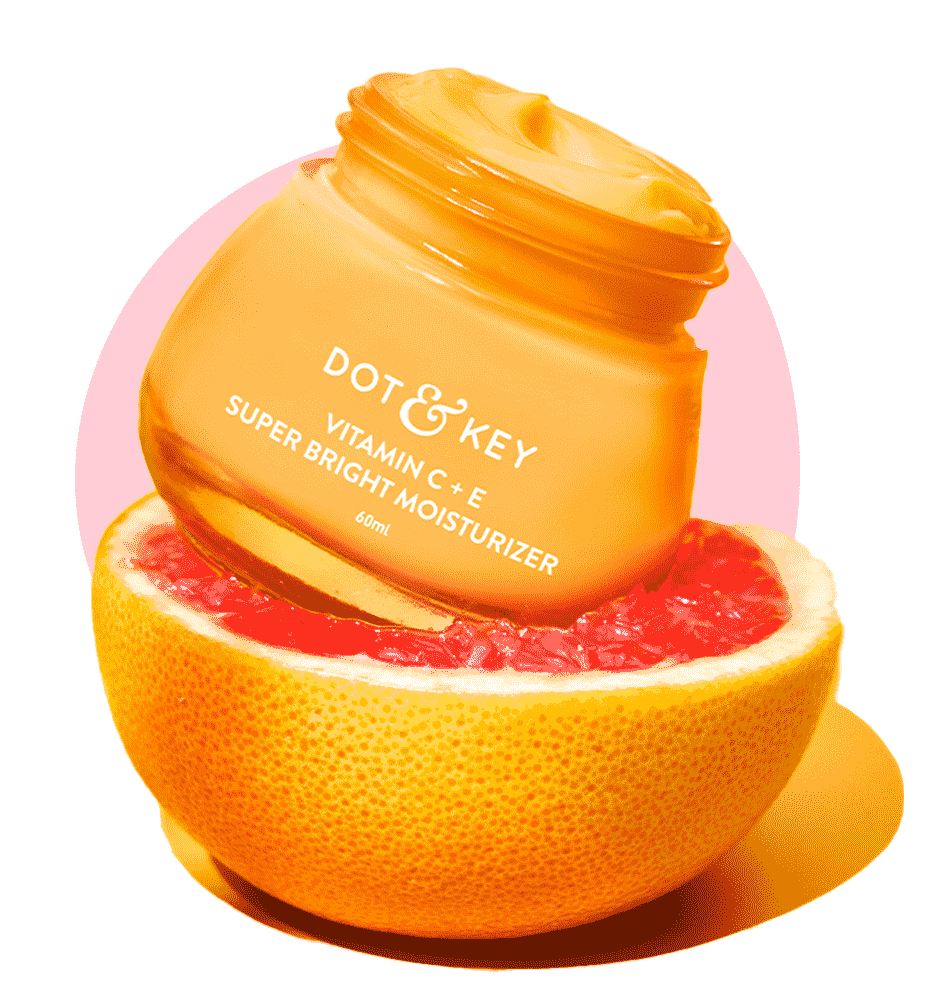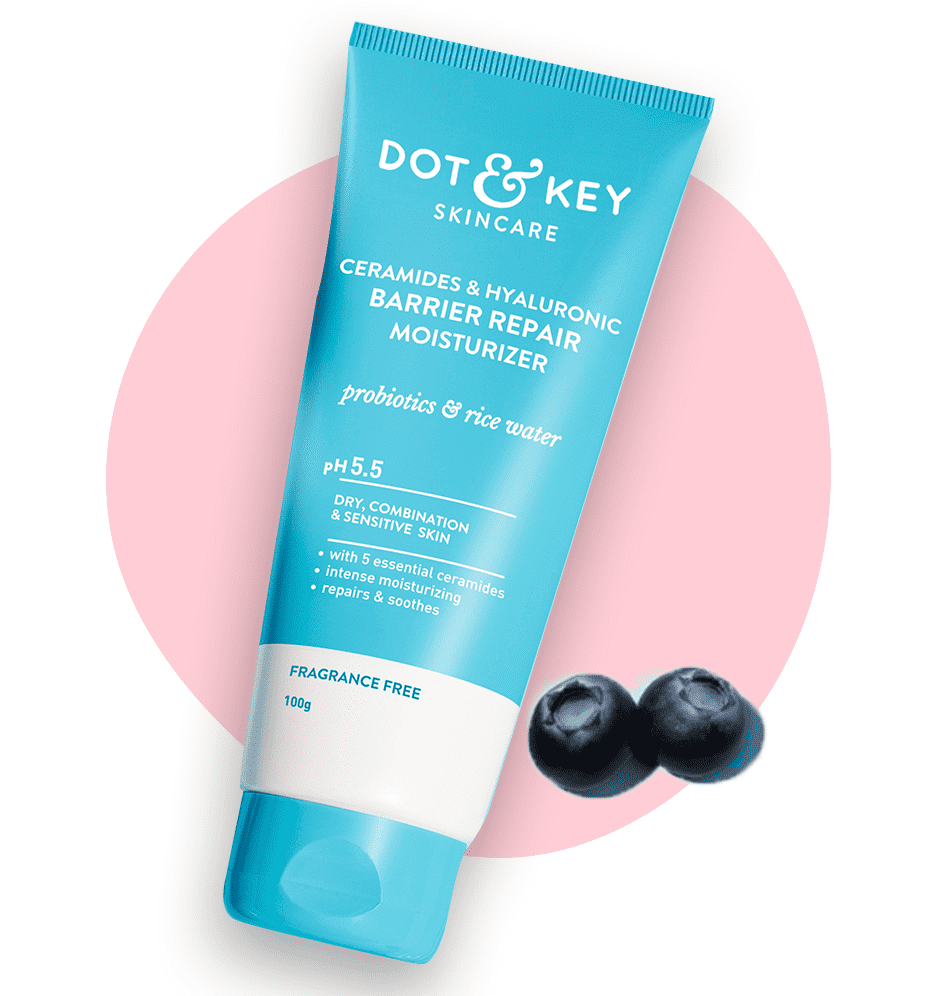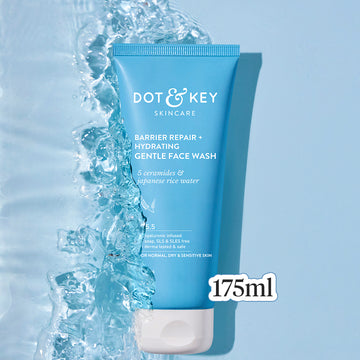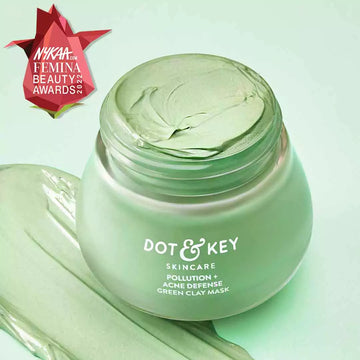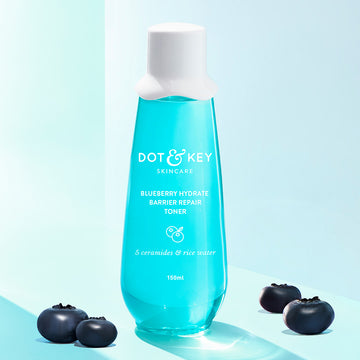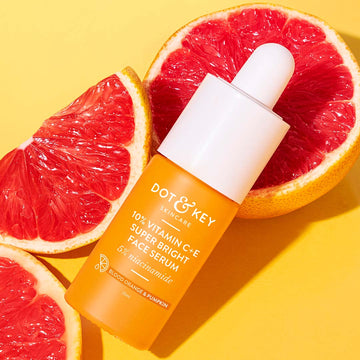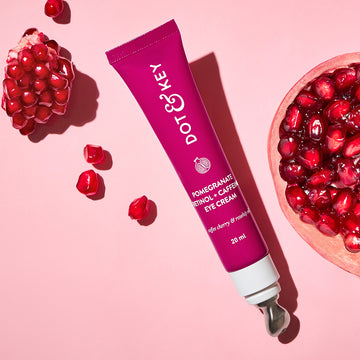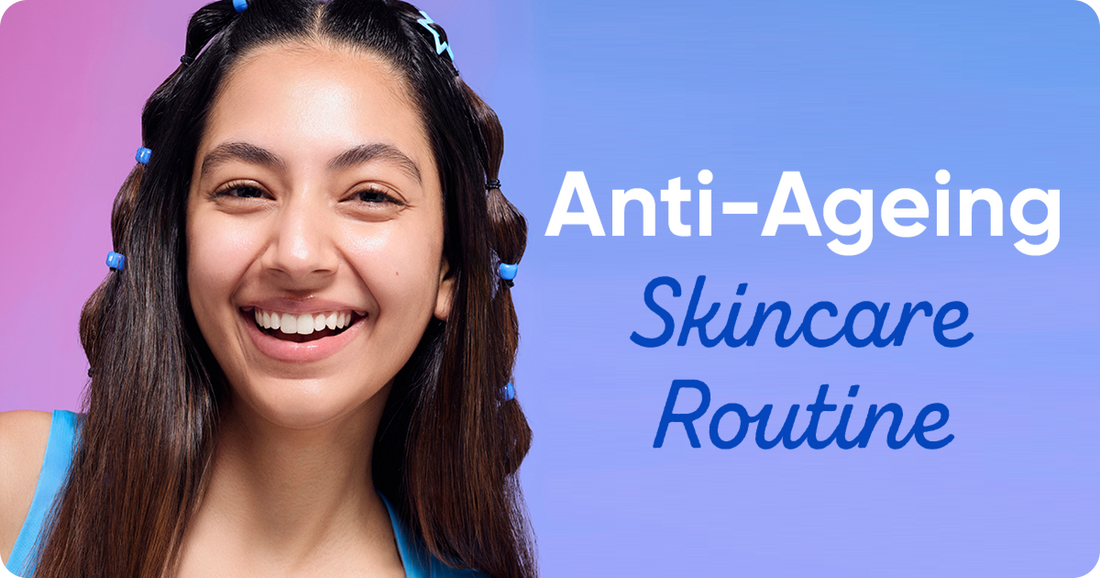
Ageing is natural, but that doesn’t mean you can’t slow down its effects and keep your skin looking vibrant for longer. With the right skincare routine, you can minimize fine lines, maintain elasticity, and boost the natural radiance of your skin. In this blog, we’ll dive into a step-by-step guide on an anti-ageing skincare routine, covering each essential step and explaining how each helps keep your skin youthful. Plus, I’ll highlight research-backed insights so you can feel confident in your approach to anti-ageing skincare.
Let’s get into what causes ageing and how you can adjust your routine to slow its signs.
What Causes Ageing?
Ageing is a complex process influenced by both intrinsic (internal) and extrinsic (external) factors. Intrinsic ageing, also known as chronological ageing, is a natural process influenced by genetics and time. Extrinsic ageing, on the other hand, is largely controllable and stems from environmental factors, lifestyle choices, and daily habits.
-
Sun Exposure:
The sun’s UV rays are a primary culprit in skin ageing, responsible for up to 80% of visible ageing, according to the World Health Organization. UV exposure accelerates “photoaging,” breaking down collagen and elastin fibres, essential proteins for maintaining skin firmness and elasticity. -
Loss of Collagen and Elastin:
Collagen production decreases by approximately 1% per year after the age of 20, as noted in a study in the Dermato-Endocrinology Journal. Elastin production also declines over time, contributing to sagging skin and fine lines. -
Lifestyle Factors (Smoking, Diet, and Sleep):
Smoking introduces free radicals that damage skin cells and reduce collagen levels. Poor diet and lack of sleep can also accelerate ageing. For instance, a study in the American Journal of Clinical Nutrition linked diets high in sugar and refined carbs to increased skin ageing. -
Oxidative Stress:
Caused by free radicals from environmental pollution, smoking, and UV rays, oxidative stress speeds up the ageing process. A 2017 study in Antioxidants & Redox Signaling highlighted that antioxidants help neutralize these free radicals and reduce oxidative stress. -
Hormonal Changes:
Estrogen, which declines with age, plays a crucial role in maintaining skin thickness, hydration, and elasticity. Reduced estrogen levels, especially during menopause, lead to dryness, thinning, and sagging.
Step-by-Step Anti-Ageing Skin Care Routine
Creating an anti-ageing skincare routine requires consistency, quality products, and a little patience. Each step in this routine plays a specific role in protecting and nourishing your skin.
1. Cleanser (AM & PM)
Purpose: Cleansing helps remove dirt, oil, and impurities that can clog pores and lead to dullness.
How to Do It: Choose a gentle, hydrating cleanser with a low pH to maintain the skin’s natural barrier. In the morning, cleanse to remove sweat and oil from overnight. In the evening, cleanse to remove makeup, pollutants, and sunscreen residue.
Pro Tips: Look for cleansers containing ceramides or hyaluronic acid to maintain hydration, especially if you have dry skin. Avoid using hot water, as it can strip natural oils and irritate the skin.
2. Exfoliation (PM: Twice a Week)
Purpose: Exfoliating removes dead skin cells, allowing newer cells to surface. This process promotes a brighter complexion and smoother texture.
How to Do It: Use a gentle chemical exfoliator (like AHA or BHA) rather than physical scrubs, which can be harsh. Apply a small amount to a cotton pad and gently sweep across your skin after cleansing, no more than twice a week to avoid irritation.
Pro Tips: Glycolic acid (an AHA) is great for brightening and evening skin tone, while salicylic acid (a BHA) can help clear out pores. Avoid exfoliation on days when your skin feels irritated or inflamed.
3. Toner (AM & PM)
Purpose: Toners help restore the skin’s pH balance and remove any lingering impurities. Many modern toners also include hydrating and soothing ingredients, making them ideal for an anti-ageing routine.
How to Do It: After cleansing, apply toner with a cotton pad or gently press it into the skin with your hands. Choose an alcohol-free formula to avoid dryness.
Pro Tips: Look for toners with ingredients like hyaluronic acid, rice water or glycolic acid for an instant burst of hydration with a soothing sensation.
4. Serum (AM & PM)
Purpose: Serums deliver concentrated active ingredients that address specific skin concerns, from fine lines to dark spots
How to Do It: Apply a few drops of serum to clean, dry skin before your moisturizer. For morning routines, look for serums with antioxidants like vitamin C. In the evening, retinol or peptides are beneficial for anti-ageing.
Pro Tips: Vitamin C is a powerful antioxidant that brightens and protects against environmental stressors, while retinol promotes cell turnover and reduces the appearance of wrinkles. Start with a lower concentration if you’re new to retinol to avoid irritation.
5. Moisturizer (AM & PM)
Purpose: Moisturizers hydrate the skin and help seal in moisture. This step is essential for maintaining a plump, youthful look.
How to Do It: Apply a dime-sized amount of moisturizer after your serum. In the morning, use a lightweight moisturizer that sits well under makeup, while in the evening, choose a richer formula to support the skin’s natural repair process.
Pro Tips: Look for moisturizers with ceramides, peptides, and hyaluronic acid. These ingredients help retain moisture, support the skin barrier, and encourage elasticity.
6. Sunscreen (AM)
Purpose: Sunscreen is the most crucial step in any anti-ageing routine, as it protects your skin from the harmful effects of UV radiation, which can lead to premature ageing.
How to Do It: Apply a broad-spectrum sunscreen with at least SPF 30 every morning, even on cloudy days. Use about a nickel-sized amount for the face and ensure you cover the neck and ears.
Pro Tips: Physical (mineral) sunscreens with zinc oxide or titanium dioxide are great for sensitive skin, while chemical sunscreens are often lighter and blend better. Don’t forget to reapply every two hours if you’re spending time outdoors.
7. Anti-Ageing Treatment (PM)
Purpose: Anti-ageing treatments, like retinoids, target signs of ageing by increasing cell turnover, reducing fine lines, and boosting collagen production.
How to Do It: Apply a pea-sized amount of your anti-ageing treatment after cleansing and toning, but before moisturizer. Retinoids can make the skin sensitive, so start with two to three times a week.
Pro Tips: If you’re new to retinoids, consider starting with a lower concentration or a derivative like retinyl palmitate to minimize irritation. Follow up with a hydrating moisturizer, as retinoids can be drying.
8. Eye Cream (PM)
Purpose: The skin around the eyes is thinner and more prone to fine lines, making eye creams especially beneficial.
How to Do It: Use a rice-grain-sized amount and gently tap it around the orbital bone with your ring finger. Avoid pulling the skin, as this area is delicate.
Pro Tips: Look for eye creams with peptides, retinol, caffeine (for puffiness), and antioxidants to target dark circles and fine lines. If dryness is a concern, eye creams with hyaluronic acid or squalane are good choices.
FAQ
-
At what age should I start an anti-ageing skincare routine?
The ideal time to begin an anti-ageing skincare routine is in your mid-20s to early 30s. This is when collagen production naturally starts to decline, and the first signs of ageing, like fine lines, may appear. -
How often should I use retinol in my routine?
Retinol should be introduced gradually into your skincare routine. Start with 1-2 times a week in the evening and monitor how your skin reacts. If your skin tolerates it well, you can increase the frequency to every other night or even nightly over time.
Tip: Always pair retinol use with sunscreen during the day, as it can make your skin more sensitive to the sun. -
Can anti-ageing products prevent wrinkles completely?
While anti-ageing products can reduce the appearance of wrinkles and fine lines, they cannot prevent them entirely. However, a consistent skincare routine that includes sunscreen, antioxidants, and retinol can significantly delay their onset and minimize their visibility. -
Are there natural alternatives to retinol for anti-ageing?
Yes, natural alternatives like bakuchiol and rosehip oil offer anti-ageing benefits without the potential irritation of retinol. Bakuchiol is a plant-based ingredient known for its ability to improve skin texture and reduce fine lines. Rosehip oil, rich in vitamins A and C, helps boost cell regeneration and collagen production. -
How can I protect my skin from environmental damage?
To shield your skin from environmental damage, incorporate these into your routine:
- Use a broad-spectrum sunscreen daily to protect against UV rays.
- Apply antioxidants like Vitamin C or E serums to neutralize free radicals.
- Cleanse your skin thoroughly to remove pollutants.
- Stay hydrated and maintain a balanced diet rich in vitamins & antioxidants.







